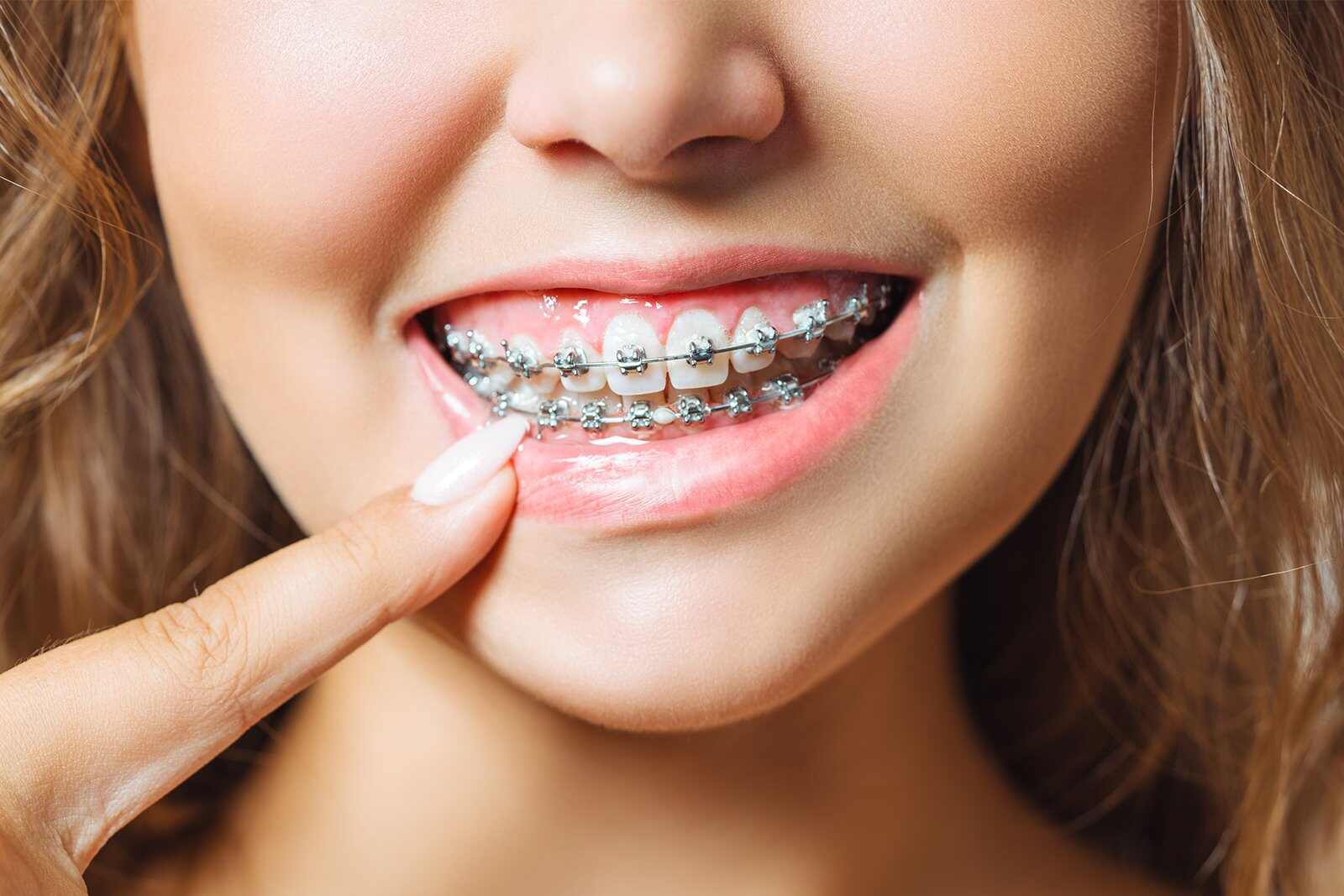
Orthodontic treatment may impact speech and eating patterns in some individuals, especially during the initial stages of the treatments. More so, if there was a dental problem filed to be diagnosed during the treatment and led to redoing of the treatment, the patient can experience severe pain and discomfort that can affect how they speak and eat foods. Below are ways orthodontic treatment affects speech and eating and how patients can manage these issues while on treatment.
IMPACT ON SPEECH
Using braces, clear aligners, and ceramic braces during treatment can lead to difficulty pronouncing and speaking various sounds. The orthodontic materials cause changes to the tongue’s position and the way the mouth creates and forms certain sounds. Patients can manage the speech issue by continuing to practice speaking and pronunciation in the initial stages of the treatment by either reading loudly or hiring a speech therapist to help get back the correct speech.
IMPACT ON EATING
The braces used in orthodontic treatment prevent the patient from eating and consuming certain foods, especially crunchy hard foods such as nuts and snacks. Patients can deal with this issue by avoiding hard foods during the treatment and healing journey. Also, cutting the food into bite sizes and chewing food with the back teeth rather than the front teeth to avoid the food touching the area treated, which can be very painful, and to prevent the food from getting stuck within the braces.
In addition to speech and eating problems, the patient can undergo severe discomfort, making it challenging to speak, pronounce certain words, and even eat. In such situations taking pain relievers and seeking orthodontic help is essential to quicken the treatment and healing journey to return to normal talking and eating. If you are experiencing issues with speech and eating due to orthodontic treatment, visit our dental clinic near you for the best care strategies to manage these issues.


